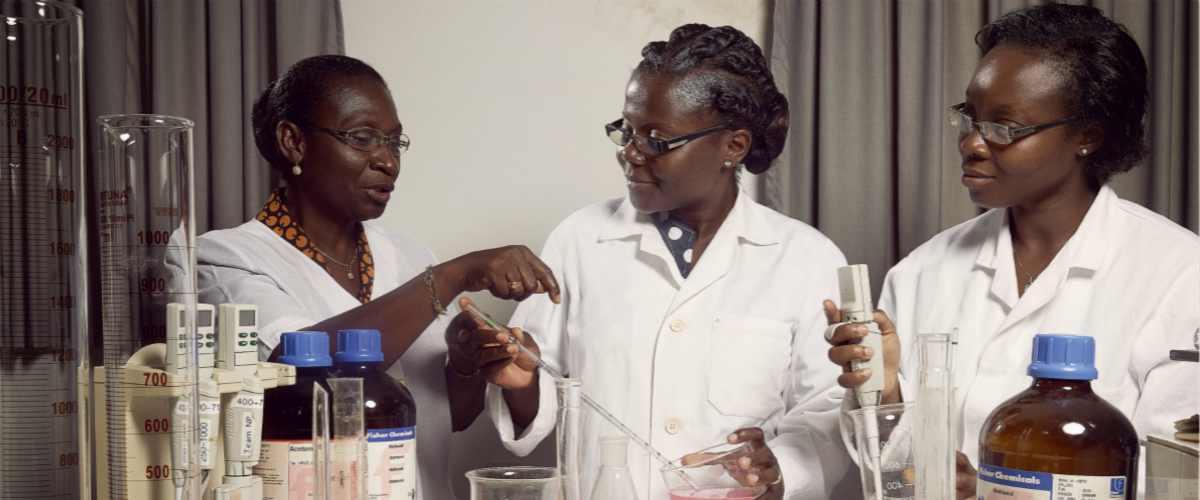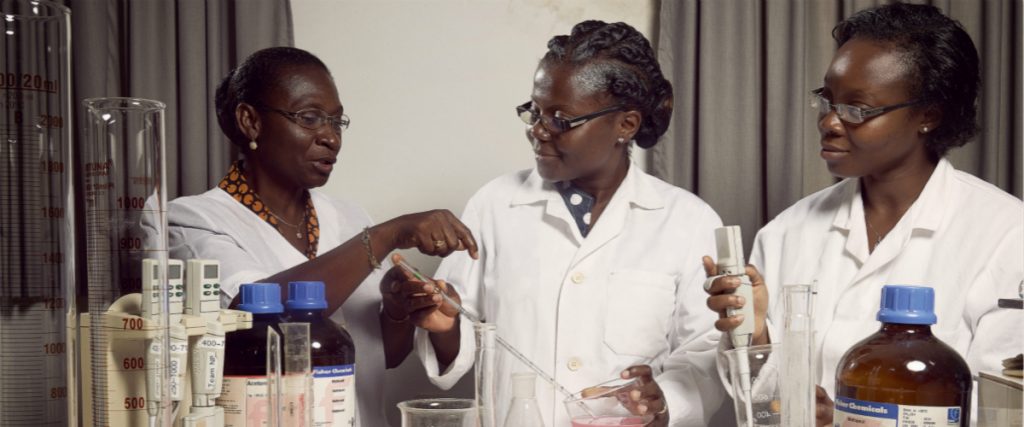There is need to involve women in devising solutions that can help address their vulnerabilities to climate change.

This was highlighted during the 14th Gender Summit that opened in Kigali, yesterday.
The two-day conference, under the theme “Climate Change through the Gender Lens: Focus on Africa,” aimed at reaching consensus, based on scientific evidence, on where improvements to science knowledge and science practice are needed and who should act.
Applying the gender lens helps improve research excellence and create opportunities to ask new questions, creates sustainable technological innovations and provides better knowledge for development measures, officials said.
Ozzy Agibade, the Board Chairperson of WAAW Foundation (Working to Advance STEM Education for African Women) said Science, Technology, Engineering and Mathematics (STEM) is key to innovation, and that helping women hop on board in this area is the surest way of getting involved in the fight against climate change effects.
Agibade said women are most vulnerable to climate change, hence the necessity to have them as part of this and develop programmes that would help meet their needs and address their vulnerability to climate change.
WAAW Foundation focuses on creating gender sensitive STEM training in classrooms that would help introduce girls early in the area of science and technology and engineering and mathematics.
She said more women in science mean a vision of a better world because a better world for women is a better world for everyone.
“Women being a part of creating ways of adapting to climate change bring in a gender sensitive portion of it that is sometimes lacking.”
Gerardine Mukeshimana, the Minister for Agriculture and Animal Resources said including women in the fight against climate change is vital yet they still lack the know-how.
“All people are affected by climate change but the reason we are focusing on women is because there are challenges that are still affecting women in terms of adapting to this,” she said.
Since women comprise 52 per cent of the population, the minister emphasised that viewing climate change through the gender lens is a matter of necessity.
Elizabeth Pollitzer, the director and co-founder of Portie Ltd UK, one of the organisers of the summit, noted that viewing climate change through the gender lens is a new way of addressing the issues of climate change.

